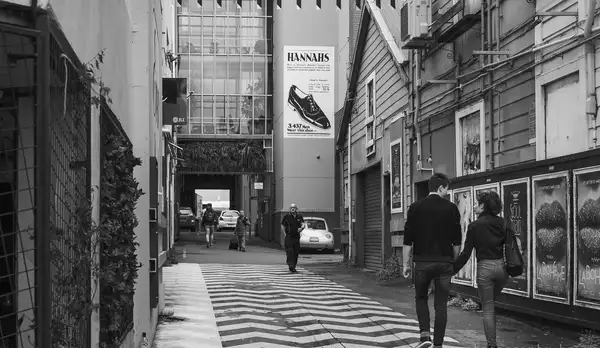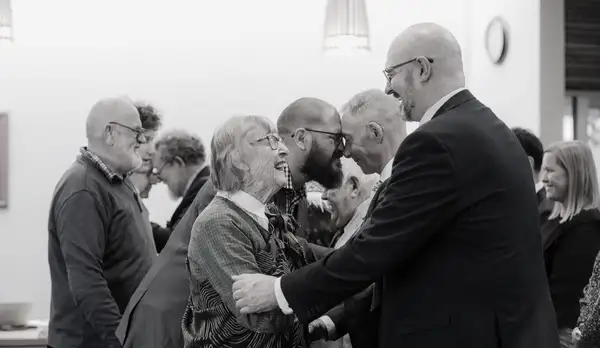Choose Localism
Localism is all about harnessing the power, knowledge, skills and views of local people to drive better outcomes.



Localism case studies
-
The Bay of Plenty Regional Council’s School Sustainability and Resilience Fund
 The School Sustainability and Resilience Fund makes small grants to schools across the Bay of Plenty.
The School Sustainability and Resilience Fund makes small grants to schools across the Bay of Plenty. -
Wellington City Council advisory groups
 Wellington City Council operates five advisory groups.
Wellington City Council operates five advisory groups. -
Selwyn District Council and Te Taumutu Rūnanga relationship agreement
 Council and Te Taumutu Rūnanga signed a relationship agreement establishing mana whenua representation on all council committees.
Council and Te Taumutu Rūnanga signed a relationship agreement establishing mana whenua representation on all council committees.